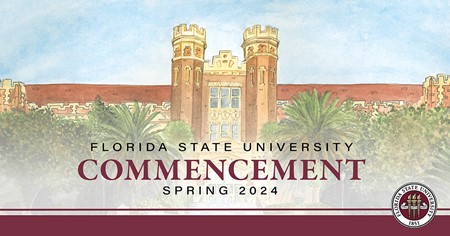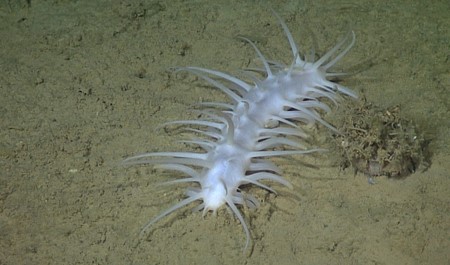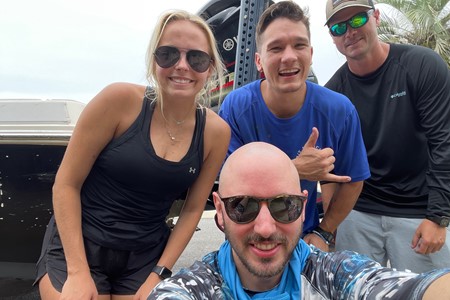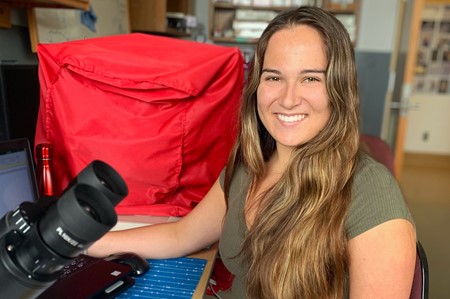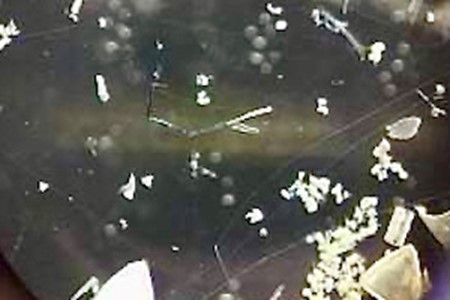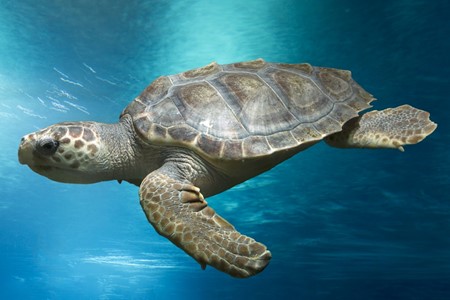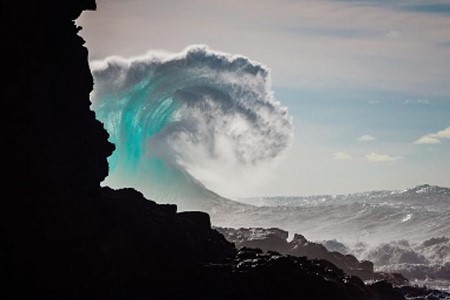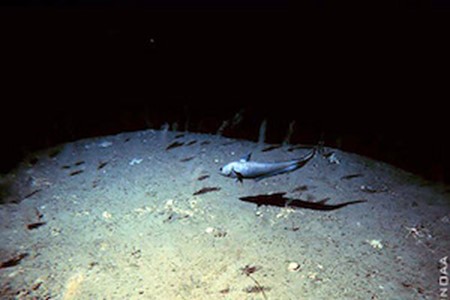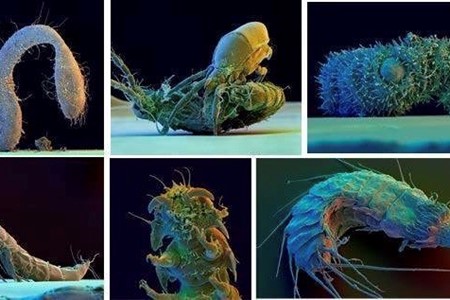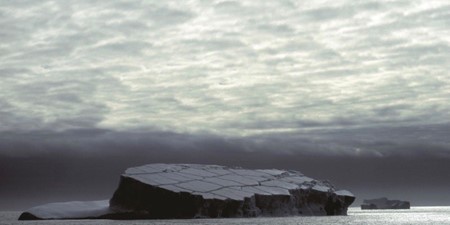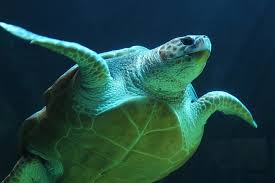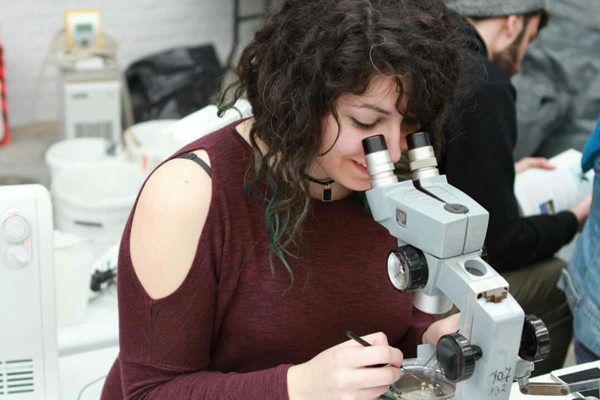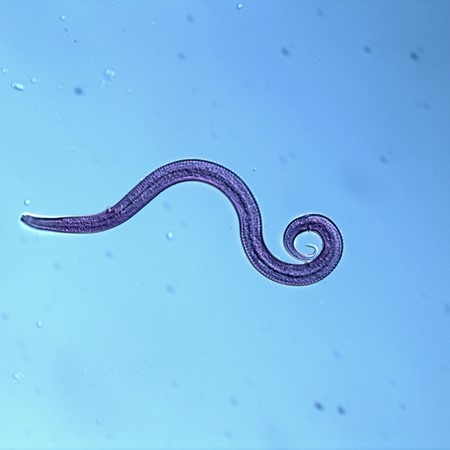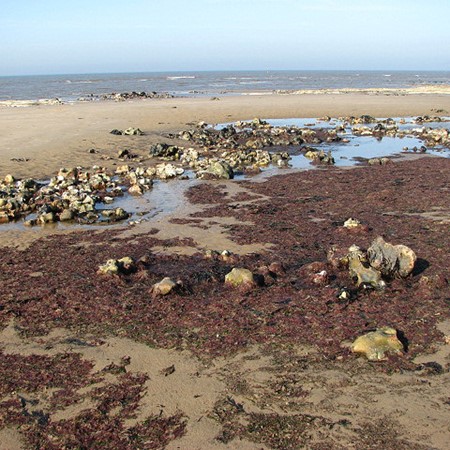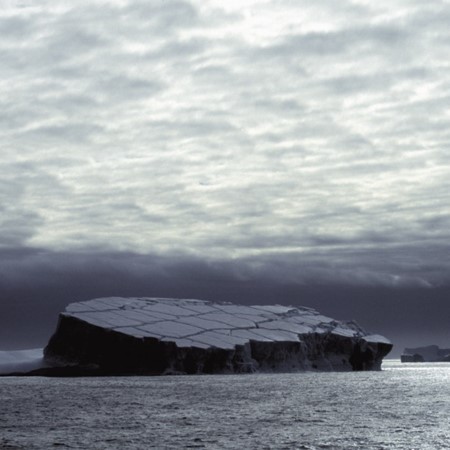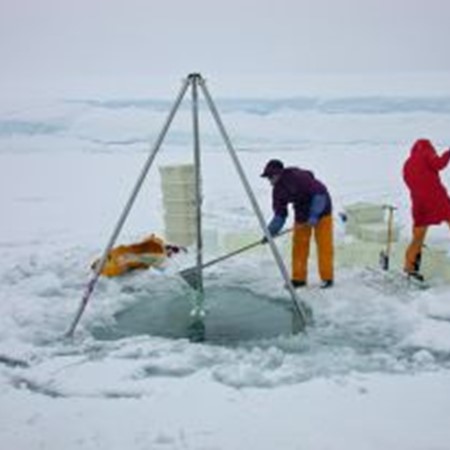Spring brings many things to the Tallahassee area – gorgeous blooms, mild weather, and Florida State University’s commencement weekend! Two exceptional students, Aaron Ridall, now newly minted as Dr. Ridall, and Armando Barsante Santos, also newly minted as Dr. Barsante Santos, have successfully defended their doctoral dissertations and will walk the stage this weekend! The FSUCML is so proud of Aaron and Armando, and we cannot wait to watch them continue to have a positive impact on the future of marine science. Congratulations, Aaron, and Armando!
Researchers outline best practices for understanding life on the ocean’s vast seafloor
Resource managers and policymakers need robust data about marine ecosystems for decision-making and setting sound policies. However, data about marine life can be challenging to collect, integrate, and analyze. Invertebrate animals are a key component of life on the seafloor, but their wide range of body sizes and diversity make it especially difficult to understand their abundance and distribution.


